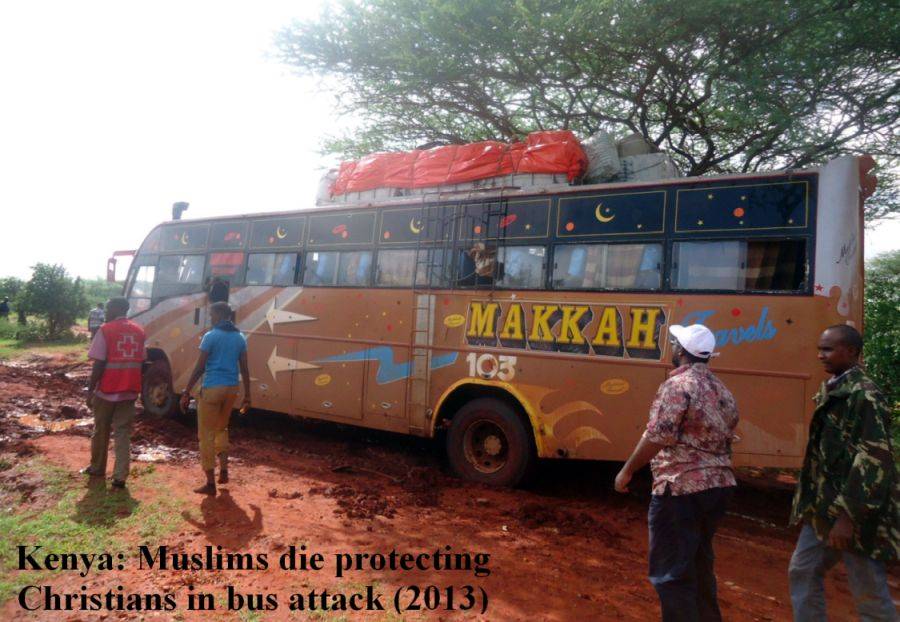That which we do to the least of humanity…we do to one another
Today is “Seafarers Sunday” which is an important day in the church calendar to think of our brothers and sisters who work on the oceans – many of them for long periods of time without seeing their families. We ALL rely on them to do a good job as they ensure safe delivery of raw products and exports of our products, which allows our economies to function well and provide industry and jobs on land.
Let’s not forget, also, that many of the Seafarers are involved in rescuing migrants and others stranded on the sea. They also protect our coastal boundaries against corruption and drugs. We are invited to pray for them, today, and support the ministers in “Stella Maris Apostleship of the Sea” to help the Seafarers when they come to many ports in the world.
I was laughing at the opening line of the Gospel: “There was a lawyer who, to disconcert Jesus…” because, by the end, Jesus has disconcerted the lawyer! And by extension, you and I.
The issue of “who is my neighbour?” has been a frustration for many of us since long ago. At some time everyone has, or will be, confronted by our own definition of “neighbour”.
I was also struck by the selection of the First Reading to go with this Gospel: it calls the Israelites – and us – to obey the Laws of God.
It then takes time explaining where we find this Law of God (in our hearts); and encouraging us to believe that we are able to obey:
“For this Law that I enjoin on you today is not beyond your strength or beyond your reach.”
What is it that our hearts know and how do we know it?
I believe our youth are great teachers of older generations. Why?
Because, firstly, they understand what is injustice. Many of them suffer unjustly in different ways, so they are quicker than most other people to recognise injustice.
Secondly, they have very good radar for “hypocrisy”: that is, when we older people talk publically and preach to family about justice and doing good, but privately act differently.
So, with that issue of justice clearly in our minds, I was able to see victim in the Gospel in a new light. There are victims all around us in immediate physical need. However, we are ALSO called to also see those around us who are physically surviving but are “not OK”.
Although some people help more than others, and some people are good at excusing themselves from helping because “they caused it themselves”; I think most people are attuned to helping others out of compassion. But I fear our society is only interested in injustice when it affects the majority. In our Gospel today, Jesus talks about a minority – and a despised minority also.
I was inspired this week by an article written by Fr Jun Mercado OMI, our brother Oblate in the Philippines working hard on peace and justice issues. His work over many years has been trying to help Christians and Muslims live together in peace and prosperity. He says: “Martin Buber was right: we achieve our full humanity when the ‘I’ is projected into the ‘Thou’. Jesus and Muhammad were right: that which we do to the least of humanity, we do to one another.”
(Martin Buber: famous Jewish Philosopher)
I’d like to share with you an allegory or parable of the long spoons attributed to Rabbi Haim of Romshishok (c. 1813) that shows the difference between heaven and hell. In summary:
In both Heaven and Hell, the people are given access to food, but the spoon handle is too big to serve yourself. In hell, the people do not think about others, and consequently get frustrated and starve. In Heaven, the people feed one another across the table and are happy.
The story encourages us to be kind to each other. https://en.wikipedia.org/wiki/Allegory_of_the_long_spoons
Although many of us brush over the Responsorial Psalm each week, this week is a bit challenging. I summarise it as saying: “how often we beg God to help us, but at the same time we have closed minds regarding the people around us who need help.”
In order to protect our children and communities, to root out injustice and evil, I really encourage each one of us to think beyond the obvious compassionate needs around us.
Can we see small or big injustices in our local communities? Can we decide, today, to work with friends and community, to try and change the injustice(s) we see?
“For this Law that I enjoin on you today is not beyond your strength or beyond your reach.” Let us pray that we allow our hearts to feel compassion, and see that our happiness depends on helping others to be happy and safe.
By Gerard Conlan, OMI





